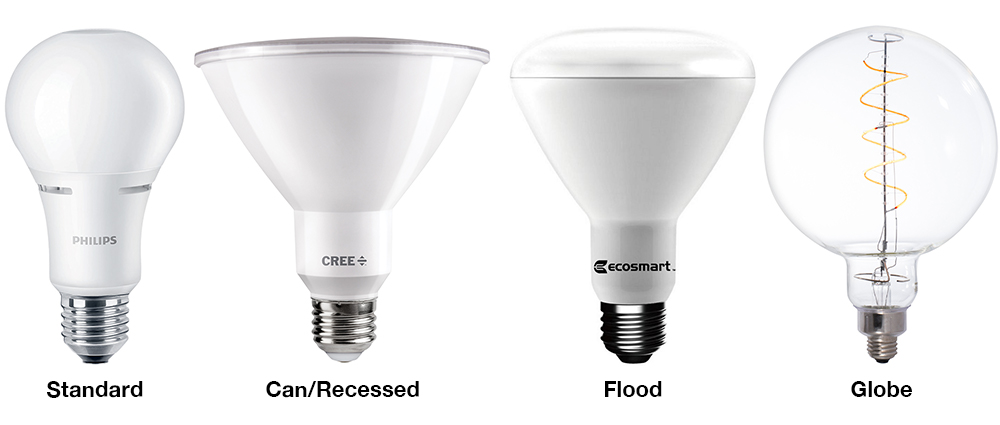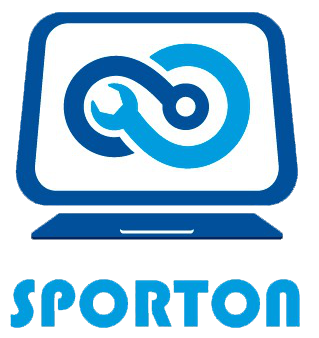LED-Luminaries and Other Certifications- The certifications or marks are the quality guarantee of products approved by organization or government. Relevant certification or marks can help consumers purchase the satisfied product more easily. For manufacturer, certifications or marks offer the ability to reap more profits and increase the competitiveness among the national market. Learning more about the certifications or marks, we are able to distinguish whether the LED lights are eligible. There are various certification and marks of LED lights formulated for different functions all over the world. You may doubt with the pattern and wondering what them mean and how they works. We would like to show you the more common parts of them. The certifications or marks will introduced by the requirement of different markets .
LM79 Certification
LM79 testing is done to check the electrical and photometric measurements for LED luminaries on different parameters. Flux (light output), electrical power, efficacy, chromaticity, and intensity distribution are the basic fundamentals for which luminaries are tested and then if approved new products can go through to launch in the respective markets. This test is applicable to products with LED-based Solid-state lighting (SSL) based individual goods.
LM80 Certification-
LM80 is another important test done for measuring the lumen maintenance and lifespan of the respective LED’s. This method is strictly done under the controlled conditions i.e. three different temperatures, minimum 6000 hours, testing intervals etc so the result may vary if performed otherwise. It covers the Lumen depreciation of Solid state light source, such as LED packages, modules, and arrays in determining the final effective values of the products.
EMC TEST-
Electromagnetic compatibility Tests are performed to check the reliability and compatibility of the product performance in their respective electromagnetic environment without affecting any other device working. Mobile Phones, Television, Washing machine, laptops etc emits electromagnetic field which can interfere with each other for catastrophic results but with EMC testing ensures that product works well with other electronic products nearby and is made with all the EMC standards prevailing in the international scope .
EMC TEST & Certifications
Electro Magnetic Compatibility Testing is done on the electrical products for their efficient practices of the electromagnetic energy as per the national or International standards prevailing in the country. These testing will check the products in terms of their Emissions, susceptibility, and immunity in relation to Radio frequency interference (RFI) from other sources.

This important test is done for the safe Transportation of lithium batteries that is governed and maintained under the United Nations recommendations (UN 38.3). These shipping regulations define the way to transfer these Lithium-ion batteries in a more safe way. Lithium batteries are termed as dangerous goods on their marking.
T1 – Altitude Simulation (Primary and Secondary Cells and Batteries)
T2 – Thermal Test (Primary and Secondary Cells and Batteries)
T3 – Vibration (Primary and Secondary Cells and Batteries)
T4 – Shock (Primary and Secondary Cells and Batteries)
T5 – External Short Circuit (Primary and Secondary Cells and Batteries)
T6 – Impact (Primary and Secondary Cells)
T7 – Overcharge (Secondary Batteries)
T8 – Forced Discharge (Primary and Secondary Cells)

